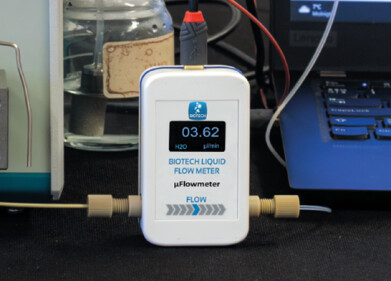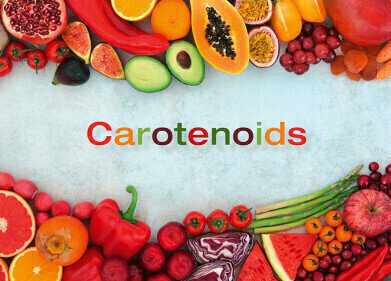HPLC, UHPLC
Using UHPLC for Peptide Analysis
Apr 27 2023
Peptide mapping is a crucial analytical technique in biopharmaceutical research and development. It involves the identification and characterisation of peptide sequences within a protein molecule, which is essential for understanding its structure, function, and potential therapeutic applications. Traditionally, peptide mapping has been performed using high-performance liquid chromatography (HPLC). However, with the advent of ultra-high-performance liquid chromatography (UHPLC), there has been a significant improvement in the speed, resolution, and sensitivity of peptide mapping.
UHPLC is a form of liquid chromatography that employs a stationary phase with smaller particle sizes and higher pressure limits than traditional HPLC columns. This allows for faster separations and higher resolution of complex mixtures, such as peptide digests. The improved resolution and sensitivity of UHPLC make it an ideal technique for peptide mapping, where the identification and quantification of small amounts of peptides are essential.
One of the main advantages of UHPLC in peptide mapping is the ability to separate closely related peptides with similar physicochemical properties. In traditional HPLC, the peak widths can be quite broad, which can result in overlapping peaks, making it challenging to differentiate between closely related peptides. UHPLC, on the other hand, can resolve these closely related peptides and provide sharper peaks, which leads to more accurate and precise identification of peptide sequences.
Furthermore, UHPLC can provide a more significant reduction in analysis time compared to traditional HPLC, which can be beneficial in high-throughput applications. UHPLC's ability to achieve high resolution in a shorter amount of time makes it an attractive option for researchers looking to streamline their peptide mapping workflows.
In conclusion, the use of UHPLC in peptide mapping has several advantages over traditional HPLC. Its improved resolution, sensitivity, and faster analysis times make it a valuable tool in the biopharmaceutical industry. As the demand for peptide mapping continues to grow, UHPLC is expected to become the preferred technique for the identification and characterisation of peptides within complex protein molecules.
More information online
Digital Edition
Chromatography Today - Buyers' Guide 2022
October 2023
In This Edition Modern & Practical Applications - Accelerating ADC Development with Mass Spectrometry - Implementing High-Resolution Ion Mobility into Peptide Mapping Workflows Chromatogr...
View all digital editions
Events
ACS National Meeting - Fall 2024
Aug 18 2024 Denver, CO, USA
Sep 04 2024 Chiba, Tokyo, Japan
Sep 04 2024 University of Warwick, Coventry, UK
Sep 10 2024 Rockville, MD, USA
Plastics Recycling World Expo Europe
Sep 11 2024 Brussels, Belgium














